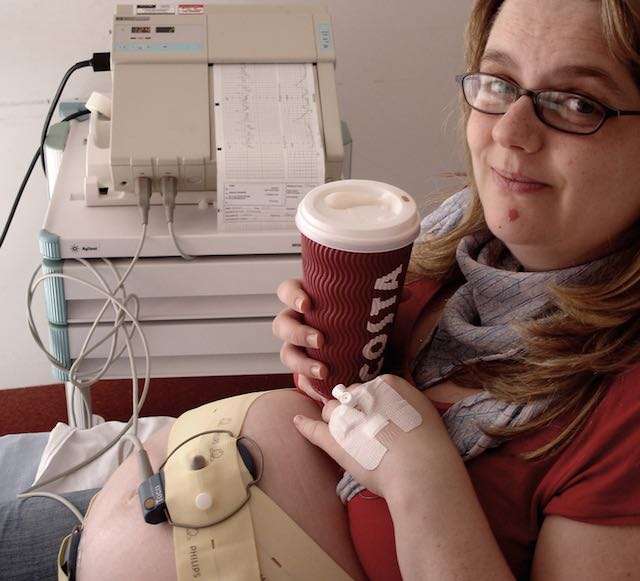Number of Uninsured Latino Children Hits All-Time Low in U.S.
Nearly 300,000 Hispanic children were added to insurance in the first year of the Affordable Care Act.

Women consuming moderate amounts of caffeine during pregnancy can be reassured that they are not harming their child's brain or intelligence.
The study of more than 2000 pregnant women is one of the first to focus on how in-utero caffeine exposure affects a child's future IQ and behavior later in childhood.
The findings from The Research Institute at Nationwide Children's Hospital were published in the American Journal of Epidemiology.
Researchers analyzed a marker of caffeine in the blood of 2,197 expectant mothers at multiple sites in the United States in 1959-1974. According to the researchers, this was an era when coffee consumption during pregnancy was more prevalent than today, as there was little concern regarding the safety of caffeine. Therefore, the study was able to investigate a broader range of caffeine intake than if a similar study was done today.
"Taken as a whole, we consider our results to be reassuring for pregnant women who consume moderate amounts of caffeine or the equivalent to 1 or 2 cups of coffee per day," said Dr. Keim, who is also a faculty member at The Ohio State University College of Medicine.
Researchers found there were no consistent patterns between maternal caffeine ingestion and child cognition or behavior at 4 or 7 years of age.
This study follows previous research regarding caffeine consumption during pregnancy conducted at The Research Institute involving the same group of women that found an increased ingestion of caffeine during pregnancy did not increase the risk of childhood obesity.
Click to Share with Young Moms… (Photo by Nickster 2000, CC)
Be the first to comment